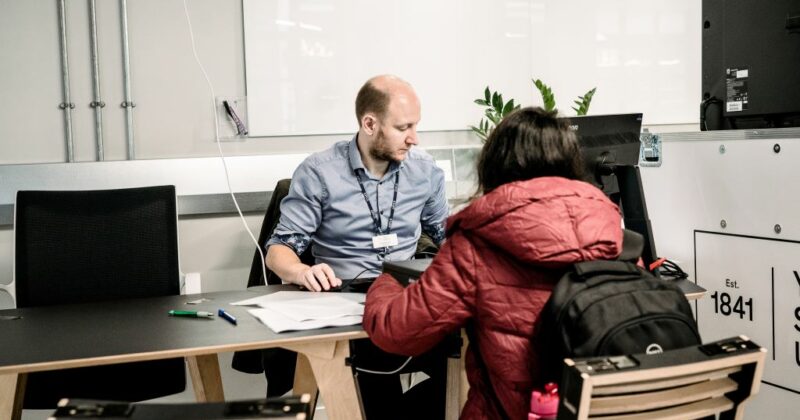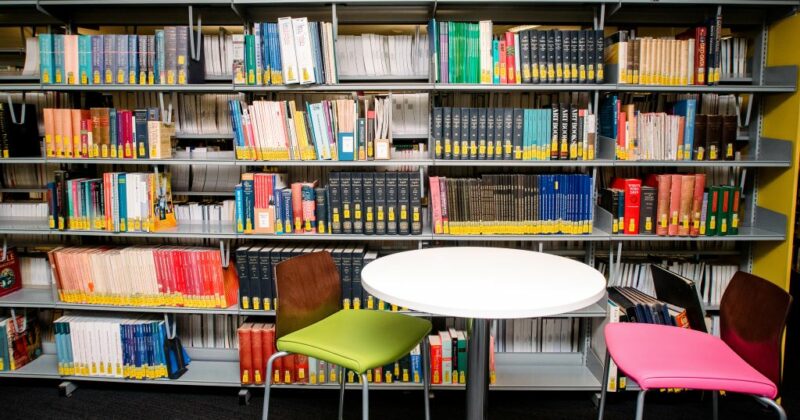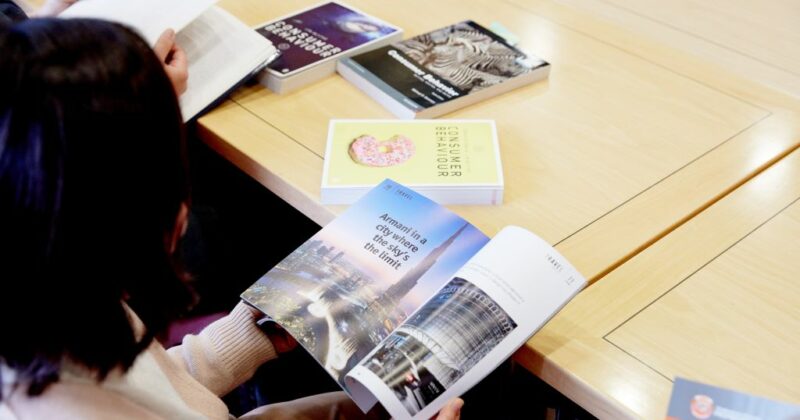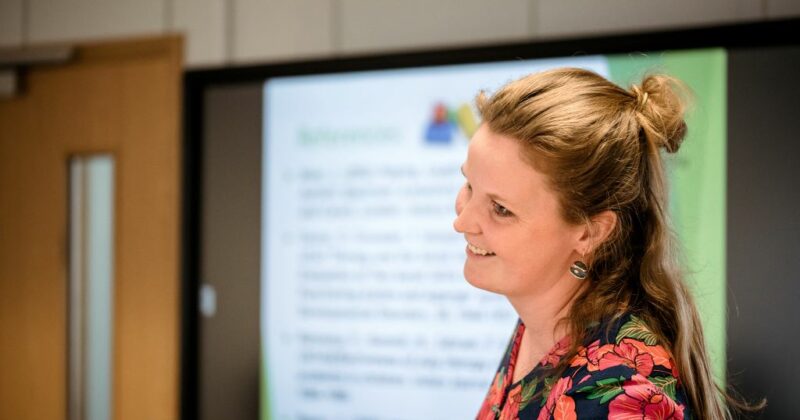
Planning your research career (inclusive of Individual Research Plans)
Facilitator: Associate Professor Dai O'Brian
RDF Indicator: B1, B3
Programme:
Theme: Early Career Researchers (staff in first five years since PhD)
Facilitator: Dr Dai O'Brian, Associate Professor and Programme Lead of BSL, Deaf Studies and Linguistics
Session Overview:
How and why should we plan our research careers? In this session we will discuss how and why we can make decisions about the direction of our research, with some reflections from Dai about his own career so far.
Learning Outcomes:
To be confirmed.
You can book your place on Eventbrite here: https://www.eventbrite.co.uk/e/planning-your-research-career-inclusive-of-individual-research-plans-tickets-194967873157...








